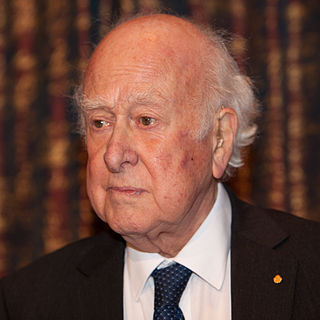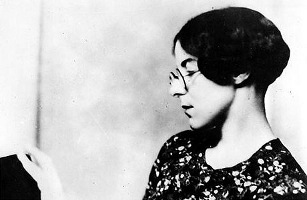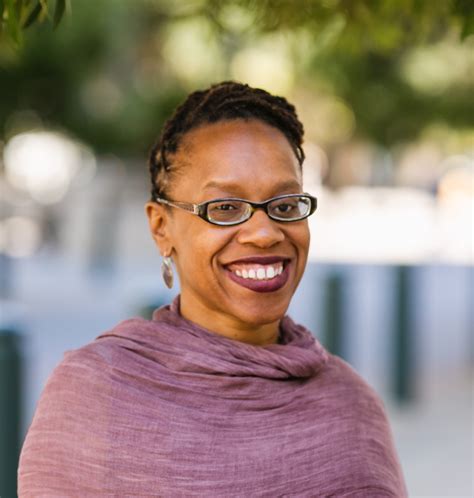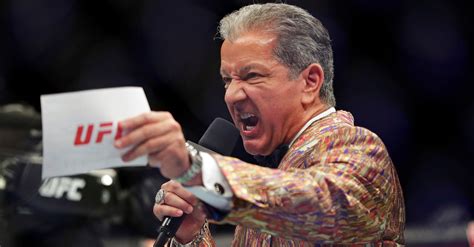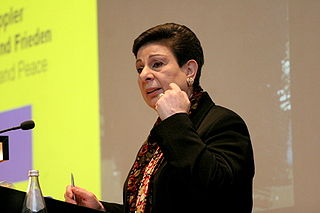A Quote by Mike McCurry
For me, and maybe for many religious kids of the '60s, the church lost relevance the more it became a surrogate in the movement for social and political change.
Related Quotes
The religious environmental movement is potentially key to dealing with the greatest problem humans have ever faced, and it has never been captured with more breadth and force than in RENEWAL. I hope this movie is screened in church basements and synagogue social halls across the country, and that it moves many more people of faith off the fence and into action.
The old battle between Christian Democrats and Social Democrats is now meaningless, not least because the social structures that underlay those parties, the church and the unions, have faded away. Nationalists and populists understood this change earlier; now the rest of the political world needs to understand that the political lines have been redrawn and it's time to change.
Many folks have asked me, 'How do you do it and why have you sacrificed so much to do this work?' The answer comes easy. I look at my daughter and find hope in that she is living in a world of struggle, of social and political movement. She and the other five-year-olds will grow up in a more just, more equitable world. She motivates me.
For me, my work is pretty much a lot of my identity. I mean I live to work, basically. With money I'm able to earn I don't put into clothes especially or things like that. I use it as a way of buying time to work. That's how I see money for me. It represents time to be by myself working on these ideas. So in that sense, the work is kind of a surrogate religion, maybe not so surrogate, maybe it is part religion.
When I began writing poems, it was in the late 60s and early 70s when the literary and cultural atmosphere was very much affected by what was going on in the world, which was, in succession, the civil rights movement, the antiwar movement, and the women's movement in the 60s, 70s, and into the early 80s. And all of those things affected me and affected my thinking, particularly the Vietnam War.
For decades, since the mid-twentieth century, the nationalist movement, and Fatah in particular, has dominated the political scene. Palestinian politics were primarily nationalistic, secular. Now, suddenly we are seeing the election of a religious party with extreme political ideologies and with a social agenda that seems inconsistent with the cultural heritage of the Palestinian people.

